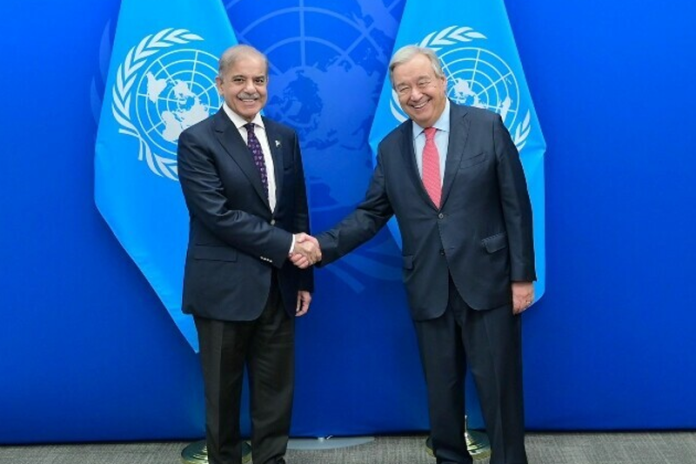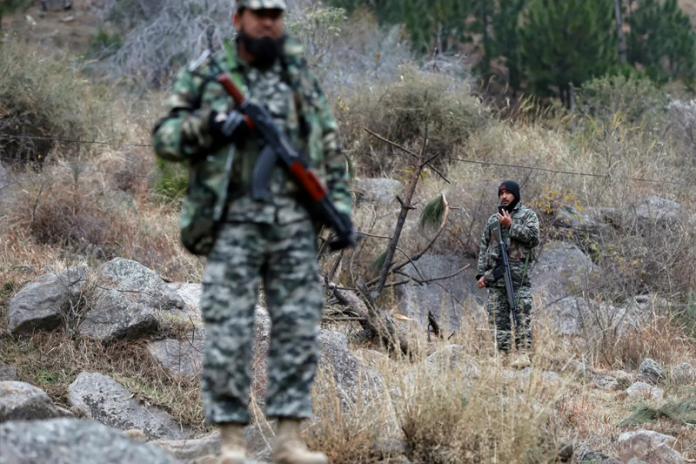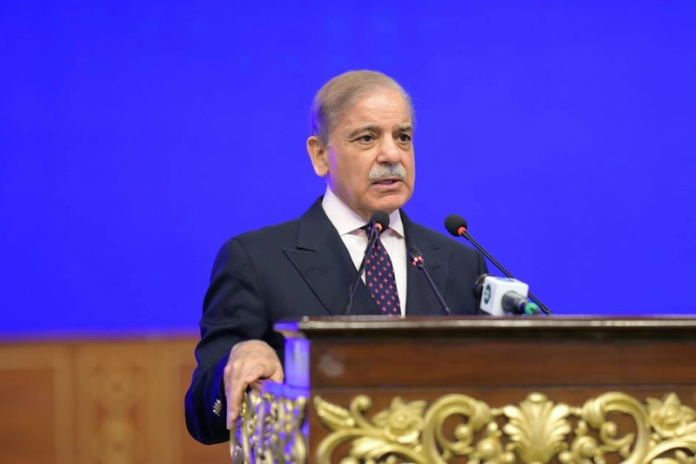The imperative of increasing youth employment in Pakistan

- 222
- 0
Pakistan, with its vibrant and growing youth population, stands at a pivotal moment in its economic development.
As of recent estimates, approximately 60% of Pakistan's population is under the age of 30, highlighting the critical need to address the employment challenges facing this demographic. The country's economic future hinges on effectively harnessing this youthful energy, but current employment figures reveal a disheartening reality: high youth unemployment rates and a stark mismatch between job market demands and available skills. To ensure sustainable development and social stability, Pakistan must prioritize strategies to increase youth employment, addressing both immediate and long-term needs. The youth unemployment rate in Pakistan is alarmingly high, hovering around 10% in recent years. This figure is not merely a statistic; it represents real individuals struggling to find meaningful work.
High unemployment rates among young people often lead to adverse social outcomes, including increased crime rates, mental health issues, and a loss of potential productivity. The disconnect between educational outcomes and job market requirements exacerbates the problem. Many graduates find themselves with degrees that do not align with the skills needed in the job market, rendering them unemployable despite their qualifications. One fundamental issue is the gap between the education system and market needs. Pakistan's educational institutions often focus on theoretical knowledge rather than practical skills that are directly applicable to the job market. For instance, technical and vocational training is underemphasized, leading to a shortage of skilled workers in crucial industries. This misalignment results in a surplus of graduates in fields with limited job opportunities while sectors with high demand for skilled labor remain underserved. To address this, the education system must be reformed to emphasize skills-based training and industry-relevant education. Collaborations between educational institutions and industries could facilitate curriculum development that aligns with current market needs.
Moreover, there is a pressing need to foster entrepreneurship among the youth. Pakistan's current economic landscape is ripe for entrepreneurial ventures, with a burgeoning tech sector and increasing opportunities in various industries. Encouraging young people to start their own businesses can create jobs not only for themselves but also for others. Initiatives such as start-up incubators, mentorship programs, and access to funding can provide the necessary support for young entrepreneurs. Government policies that offer tax incentives, grants, and low-interest loans to start-ups could further stimulate entrepreneurial activity.Another critical area of focus is improving access to vocational training and apprenticeships. Countries with strong vocational training systems often see lower youth unemployment rates, as these programs provide practical skills and direct pathways to employment. Pakistan's vocational training infrastructure needs significant enhancement to offer diverse and relevant programs. By investing in vocational training centers and developing public-private partnerships, Pakistan can better prepare its youth for the job market and reduce the skills gap. The role of technology and digital skills cannot be overlooked in this discussion. The global shift towards a digital economy presents both challenges and opportunities. In Pakistan, there is a growing need for digital skills across various sectors, from IT and software development to digital marketing and e-commerce. Integrating digital literacy into education and providing online training resources can help bridge the skills gap.
Programs that focus on coding, data analysis, and digital entrepreneurship can equip young people with the competencies needed to thrive in a technology-driven world. Furthermore, government policies and economic reforms play a crucial role in shaping the employment landscape. Creating a favorable business environment through regulatory reforms, improving infrastructure, and reducing bureaucratic hurdles can stimulate job creation. Special economic zones and industrial parks can attract foreign investment and foster job growth. Additionally, targeted initiatives such as job fairs, employment programs, and career counseling services can directly assist young job seekers in finding employment opportunities. The private sector also has a significant role to play in addressing youth unemployment. Corporate social responsibility (CSR) initiatives that focus on youth employment can create impactful results. Companies can offer internships, apprenticeships, and entry-level positions tailored to young graduates. By investing in employee development and providing career progression opportunities, businesses can contribute to a more robust job market and cultivate a skilled workforce. Lastly, addressing youth unemployment requires a collaborative effort involving government, educational institutions, the private sector, and civil society. Multistakeholder approaches can lead to more comprehensive solutions, ensuring that various aspects of the problem are tackled effectively. Public awareness campaigns that highlight the importance of skill development and job readiness can also play a role in shifting societal attitudes towards employment.In conclusion, increasing employment opportunities for youth in Pakistan is not just an economic necessity but a moral imperative.
By reforming education, fostering entrepreneurship, enhancing vocational training, and leveraging technology, Pakistan can better equip its young population for the job market. Government policies, private sector engagement, and collaborative efforts will be essential in addressing the youth employment crisis. As Pakistan moves forward, prioritizing these strategies will not only address immediate unemployment challenges but also lay the foundation for sustainable economic growth and social stability.

















































